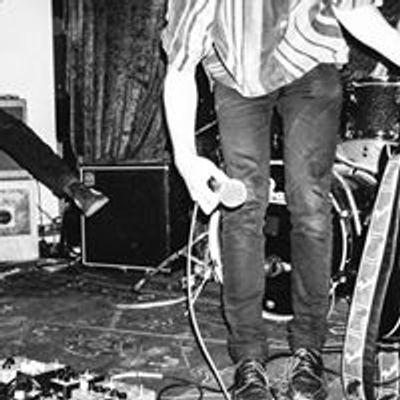Algorithms, Data, Democracy - that's interesting!
Schedule
Wed Apr 26 2023 at 08:00 pm
Location
Råhuset | Herlev, SK

Advertisement
*PLEASE NOTE THAT this event has been rescheduled from November 2022 to 26 April 2023*The last Wednesday every month we bring together two early career scholars on stage to disseminate their #research so you can learn not only what they know, but also how they know what they know - while enjoying a pint of your favourite beverage from the bar.
The venue is 'Råhuset' in the Meatpacking District, in walking distance from Copenhagen Central. Participation is free. No need to register, just show up. Doors open at 19:00. Programme starts 19:30.
*Supported by outreach and stakeholder involvement funding from ReNEW - Reimagining Norden in an Evolving World*
---programme---
ETHICAL PLATEAUS OF PREDICTIVE ALGORITHMS IN DANISH CHILD WELFARE
v. Ida Schröder, Postdoc, Danish School of Education at Aarhus University
You have all heard stories about children, who have suffered severe damage from living in dysfunctional families. What if an algorithm could have predicted the damages, the children were going to suffer? And what if the child protection department could have saved the children? In 2016, a Danish municipality embarked on a journey to answer these questions. The following years four more municipalities took part in the journey. With this talk, Ida invites you into the controversies, ruptures, and reactions that shaped and still shapes their journey towards finding an answer in a constantly changing landscape of predictive algorithms in Danish child welfare. In a similar way as tectonic plates create ruptures and changes landscape, the ethical controversies constantly changes what is possible and what isn’t.
//
MAPPING NON-GEOGRAPHICAL LANDSCAPES
v. Mathieu Jacomy, Postdoc, Aalborg University Tantlab
You've seen geographical maps, but have you seen maps of informational territories? Maps of science, Twitter, or Wikipedia? We can make maps of many things. Mathieu will show such maps, and explain how they are made. Which is, most of the time, with a network. That is, things connected together. For example, there will be a map of artificial intelligence as it is talked about in science, made of words connected when they appear in the same article. It is used by the social scientists of the project "Algorithms, Data and Democracy" to understand what algorithms are doing in science and technology. But we can also map, for instance, Wikipedia articles connected by clickable links. How to read such maps? What can they do for you?
...
#dkforsk #dkvid #AalborgUni #AarhusUni #CBScph
Advertisement
Where is it happening?
Råhuset, Onkel Dannys Plads 7,Copenhagen, Denmark, HerlevEvent Location & Nearby Stays:
